Sustainability expert James Ellsmoor offers his tips for minimizing your impact, encouraging ecotourism, and helping the local economy.
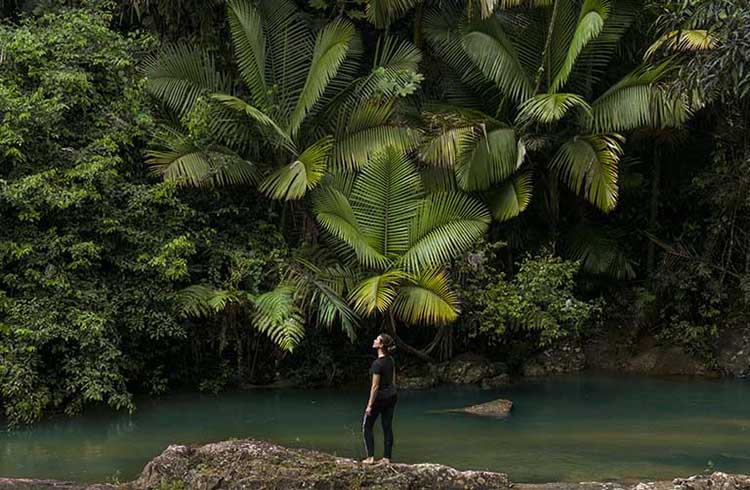 Photo © Getty Images / Cavan Images
Photo © Getty Images / Cavan Images
- Ecotourism vs overtourism
- Making responsible choices
- Supporting the regional economy
- Listen to the World Nomads Podcast: Caribbean
From conservation success stories to unprecedented environmental degradation, tourism can be a double-edged sword but, more and more travelers are embracing more responsible forms of travel. In the Caribbean, that often means looking beyond the typical cruises and all-inclusive resorts and exploring the region’s unique cultures and incredible landscapes.
A global biodiversity hotspot home to many endemic species, Caribbean ecosystems are admired by scientists, locals, and visitors alike. Sustainable tourism is a growing industry in the region, and it contributes to both economic development and successful conservation efforts.
When traveling throughout the Caribbean nations, you’ll notice that the region is slowly emerging as a leader in sustainability, through efforts such as adopting renewable energy and banning single-use plastic. It offers countless opportunities to actively participate in responsible tourism and help drive the environmental movement.
Ecotourism vs overtourism
The Caribbean has been a victim of its own success in attracting sun, sand, and sea vacationers. In 2016, 46.7 million people experienced the islands’ lush rainforests and coral reefs, but overtourism, a polluting cruise industry, and climate change have had a negative impact on the Caribbean’s sustainability. From coral bleaching to plastic waste and large deposits of sargassum algae washing ashore, the Caribbean has been the first to witness the detrimental impact of climate change on the environment.
But the region is also taking action, taking the lead in environmental efforts such as cleaning up the oceans. Most of the islands have already taken the step to preserve their local environment by banning plastics. As Cheryl Carter the UK Director of the Barbados Tourism Marketing Inc. explains: “Banning single-use plastics goes some way to ensuring the protection of our pristine beaches and crystal-clear waters that we are famous for. As a destination, however, we realize that our sustainability efforts cannot stop there, and we are proud to say we are embracing many conservation projects and methods across the island, from driving electric cars to biodynamic farming. We are excited for a more sustainable future.”
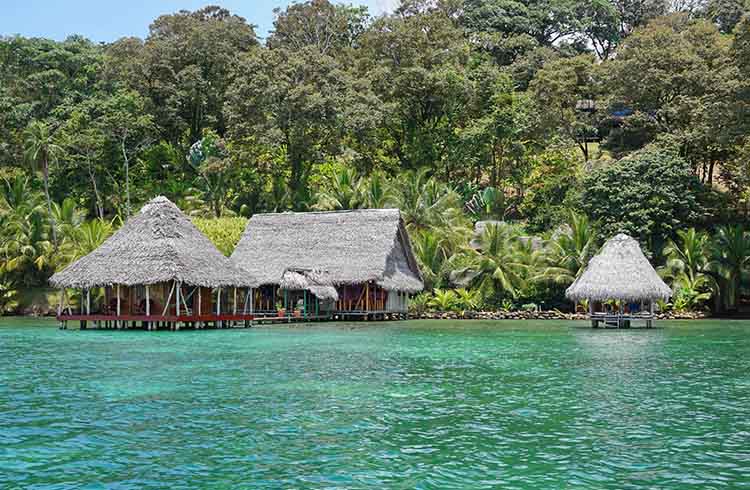
Making responsible choices
Helping to preserve beautiful landscapes and rich biodiversity doesn’t have to be left to scientists and politicians – as a traveler, you can contribute by making responsible choices.
Air travel has been put under the spotlight as a major source of carbon emissions, but there are solutions for the eco-conscious traveler. Buying carbon offsets for flights is one popular option, as it enables you to donate to various projects based in the region, ensuring your contribution stays local.
If you’re looking for an experience that you won’t find within the all-inclusive resorts that dot the beachfront, there are many alternative forms of retreat that blend tourism and sustainability. Evident in Guyana becoming the world’s top ecotourism location, and Aruba pioneering agroforestry-based tourism, the region is adding an environmental flair to its breathtaking panoramas and rich cultural history.
As an ecotourist, the responsibility to protect the environment is shared between you and your host community. By choosing environmentally friendly resorts, joining local conservation efforts such as The Sea Turtle Conservancy, and learning about the region’s ecology, you not only expand your knowledge of sustainable practices, but also help to drive conservation efforts.
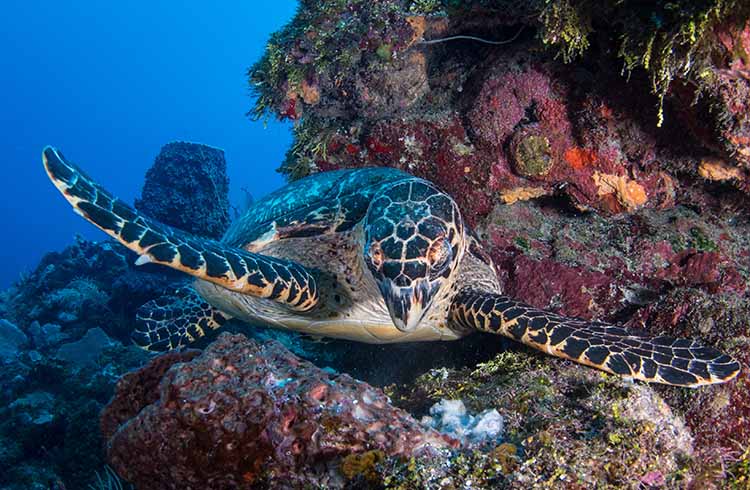
Supporting the regional economy
As a result of the increasing popularity of ecotourism in the Caribbean, more and more eco-conscious travelers have visited the region. However, a 2017 report by the World Travel & Tourism Council notes that despite the region’s popularity, misconceptions regarding the severity and location of storms in the Caribbean have discouraged tourists from traveling to the area. The destruction caused by Hurricane Dorian and Tropical Storm Humberto in 2019 serve as a stark reminder of the problems facing the various nations that make up the region, but these events are rare and should not put off potential visitors.
Sensational headlines tend to be rife on those occasions that severe weather does occur, so ensure that any information you heed comes from local sources that are aware of the current conditions at your destination. Tourism makes a vital contribution to the region’s economy, so it’s important to make informed decisions, as your choice to cancel does not just affect you, but can have serious local repercussions and cause further economic damage.
The tourism industry and the environmental sector have not always been on the same page, but they are intertwined. Ecotourism is not only protecting the local environment, but also the economy, by ensuring that future generations can enjoy the same natural beauty that has long defined the Caribbean. Responsible tourists are driving the sustainable development of the region, one vacation at a time.
Related articles
Simple and flexible travel insurance
You can buy at home or while traveling, and claim online from anywhere in the world. With 150+ adventure activities covered and 24/7 emergency assistance.
Get a quote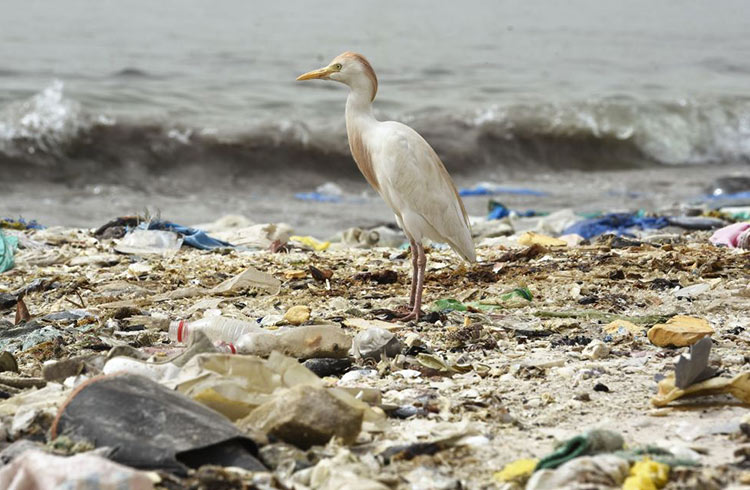
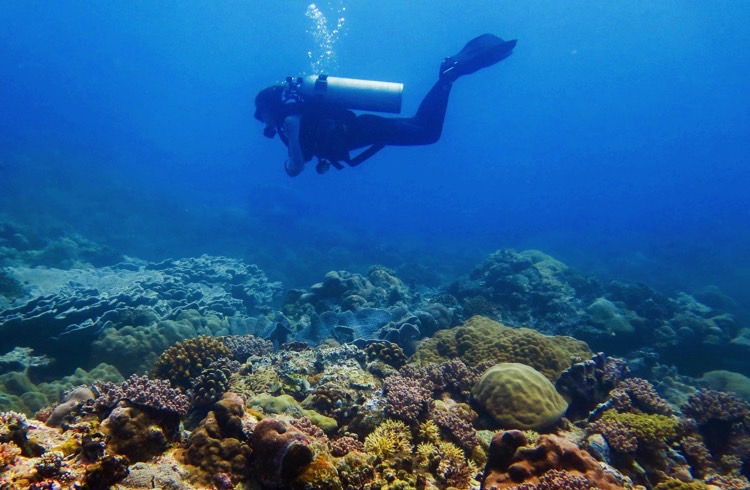
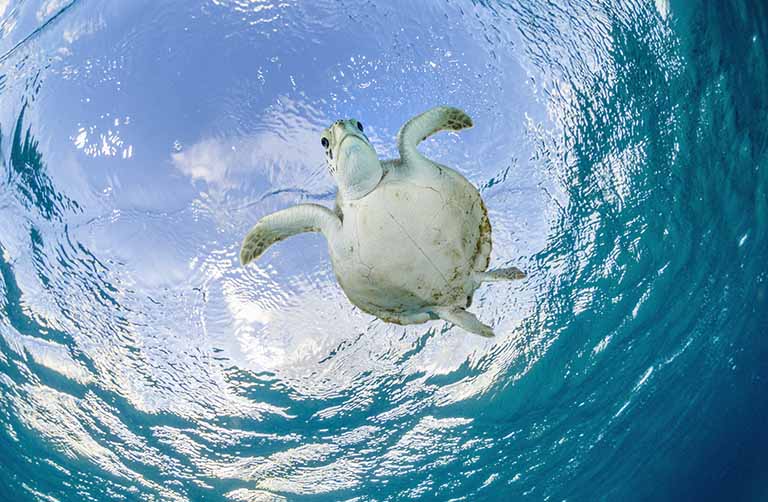
No Comments